Mediation is often recommended as a first step when you face disputes involving divorce, custody, or support. The idea is simple: sit down with a neutral third party and try to work out an agreement that avoids court. For many families, mediation can save time, reduce costs, and create less conflict. However, mediation is not always the right choice for every situation. Find yourself in a situation where the process feels overwhelming, one-sided, or even unsafe. It may be time to step back and consider whether mediation is genuinely the right approach for you. Recognizing when it isn’t the right fit is crucial because your future, your children’s future, and your financial stability may depend on pursuing a different approach.
Power Imbalances and Communication Issues
Mediation relies heavily on both parties being able to communicate openly and fairly. If you find yourself in a situation where there’s a significant power imbalance, it can be challenging to feel like your voice is being heard. This can happen if your spouse controls the finances, intimidates you during discussions, or dominates conversations. When communication is not equal, you risk agreeing to terms that don’t reflect your best interests. If you feel pressured, silenced, or unable to advocate for yourself, mediation may not provide the fair resolution you need. In such cases, going to court and having a judge review your circumstances may lead to a more equitable outcome.
Concerns About Safety or Abuse
If your relationship has involved any form of abuse—emotional, physical, or financial—mediation may not be appropriate. You may feel unsafe speaking openly or fear that the other party will use the process to manipulate you further. Mediation is built on the expectation of good faith negotiation, and abuse undermines that foundation. In situations like these, opting out of mediation isn’t just about fairness—it’s about protecting your well-being and ensuring that decisions are made in an environment where your safety is prioritized. The court can provide a more structured setting with legal protections in place, which is often necessary in these sensitive circumstances.
Complex Financial Situations
Dividing property, debts, and income can be complicated, especially if you or your spouse owns businesses, investments, or multiple properties. Mediation may not provide the depth of analysis necessary to understand the financial picture fully. If one party hides assets or misrepresents financial details, the outcome of mediation could be unfair and difficult to correct later. In complex financial cases, you may need a judge’s authority and access to legal tools like discovery to ensure that all assets are disclosed and divided appropriately. Opting out of mediation in these scenarios can help you achieve a fair resolution that genuinely reflects the value of what you and your spouse built during the marriage.
Knowing When Court Is the Better Option
Mediation can be helpful, but it is not mandatory in every case. If your circumstances involve power imbalances, safety concerns, or complex finances, pursuing your case through the court system may be the better choice. A judge has the authority to review evidence, enforce financial disclosures, and issue orders that carry legal weight. While court can feel more formal and stressful, it may provide the structure and accountability you need to reach a resolution that protects your interests and your future. If you’re unsure whether mediation is the right fit, consulting with a family law attorney can help you evaluate your situation and make an informed decision. At Brooks Family Law you’ll find guidance that puts your needs first. Call (602) 887-4080 or email jonathan@bflaz.com today to schedule a consultation and explore the right path forward for your case.
Related articles
Establish paternity and secure parental rights, custody, and support arrangements with confidence.
Establish paternity and secure parental rights, custody, and support arrangements with confidence.
Establish paternity and secure parental rights, custody, and support arrangements with confidence.





